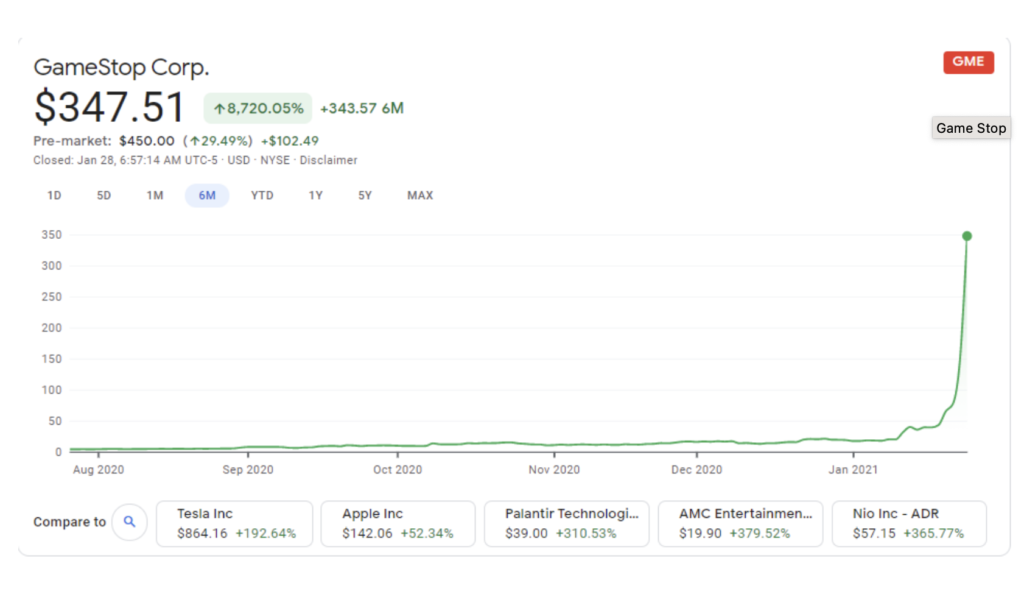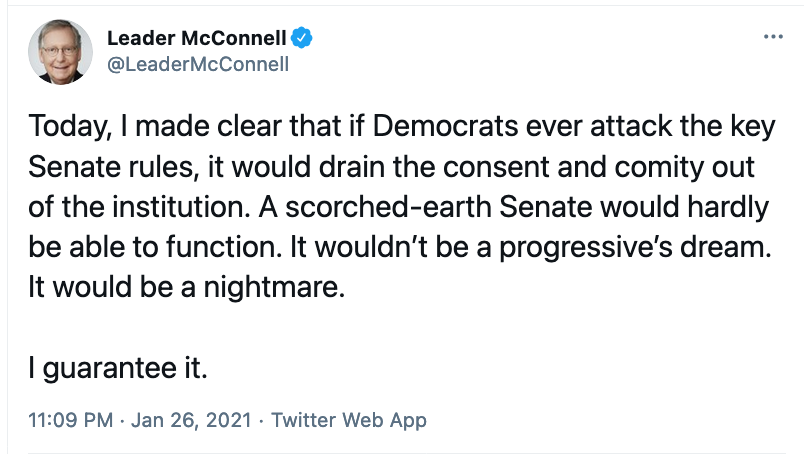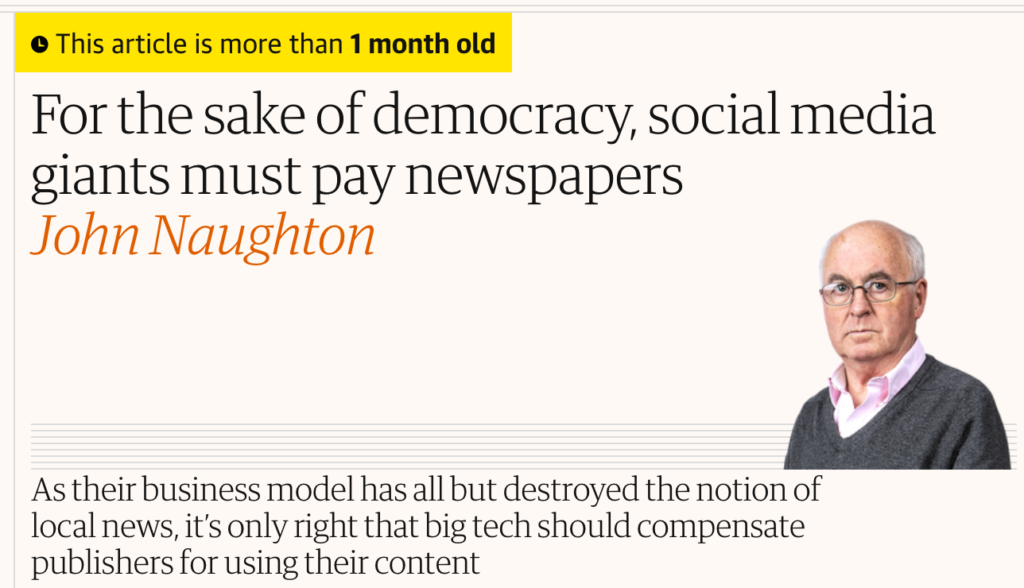Art and Illusion
A mural in Brignoles.
Click and collect
We’ve been in lockdown since last March. This hasn’t been a particular hardship (as I explain in my Lockdown diary) because we can both work from home, have a spacious house and garden and can go for a cycle every day. But from the beginning we have avoided supermarkets. We tried to get home deliveries early on but found that all the local supermarkets didn’t have delivery capacity to match the demand, and only once succeeded in getting a delivery within a reasonable time-frame. Some of our (grown-up) children live locally and they generously stepped into the breach and did the shopping for us.
But with the arrival of the new variant on the virus we felt increasingly concerned about them being exposed to greater risk on our behalf, and so looked around for a manageable alternative. We found that Morrisons, a supermarket in a small nearby town, did a click-and-collect service with a 24-hour turnaround and have been using that ever since.
It’s terrific. We’re offered a collection slot, drive the 3 or 4 miles to the shop, open the boot and our shopping is loaded into the car. It’s safe — but, more importantly, it’s not exposing our family to unnecessary risk.
Quote of the Day
“Every generation revolts against it fathers and makes friends with its grandfathers.”
- Lewis Mumford
Musical alternative to the morning’s radio news
Mark Knopfler | The Notting Hillbillies | Feel Like Going Home
This morning’s Observer column
The PR exercise that is Facebook’s ‘supreme court’ Link
This board (originally talked about within Facebook as a “supreme court”) is both a manifestation of preposterous hubris on the part of what is, after all, merely a commercial company and a cunning stunt by said company to avoid taking corporate responsibility for difficult decisions. It consists of up to 40 bigwigs, allegedly carefully chosen (“six in-depth workshops and 22 round tables, attended by more than 650 people from 88 different countries”) but who look awfully like the kind of longlist that might be produced by a high-end corporate headhunter. It includes, for example, a former prime minister of Denmark, nine professors, one vice-chancellor and a former editor of the Guardian. Such eminent worthies, of course, cannot be expected to work for nothing, so, according to the New York Times, they receive at least $100,000 (£73,000) a year for a commitment of 15 hours a week.
Inspection of linguistic clues on the board’s website does not inspire confidence in its supposed collective IQ or independence…
Do read the whole thing.
The GameStop saga, and its wider implications
As someone who regards hedge funds as only marginally less malign than so-called ‘private equity’ I’ve been much amused by the GameStop saga. GameStop is a struggling, mid-size retailer stuck in a legacy business — selling physical video games. In that sense, it didn’t appear to have a great future ahead of it. A number of prominent hedge funds took that view, and engaged in ‘shorting’ its stock.
How does that work? Here’s a simple example:
Let’s say you had chosen to short-sell Rio Tinto shares via CFDs. Rio Tinto is trading at £40, which means that you could open a position to sell 100 share CFDs at £40 (factoring in a 0.10% commission charge1), which would give you a market exposure of £4000. As CFDs are leveraged, you would not have to put up the full value of the trade, instead you would only need to put up a deposit – if the margin was 20%, you would put up £800.
If the market did fall as you’d predicted, you would close your position by buying 100 shares at the new price of £35 (factoring the commission charge mentioned above). You would then calculate the difference between the opening price and closing price, and profit from the difference: in this case, £40 – £35 = £5 x 100 shares = £500. Any profit to a CFD trade is calculated using the full value of your exposure, not just the deposit, which means that profits can be magnified.
Then a group of jokers on the r/Wallstreetbets subreddit (which has 2 million subscribers) decided to have some fun and started buying GameStop shares while also leveraging the viral possibilities of Reddit to spread the idea. In no time at all, there was a feeding frenzy in the shares and they went through the roof.
Which meant that the hedge funds that had reckoned on being able to return the shares they’d borrowed by buying them at the bottom of the market, suddenly discovered that they’d been caught in a ‘short squeeze’ and were staring at substantial losses. In the process, one of the biggest hedge funds, Melvin Capital, nearly folded. What was going on, wrote Matt Piepenburg, a former hedge fund manager, was that
an informed mob of social-media linked, Reddit-savvy and small-time investors got together and decided to do what the big boys on Wall Street have exclusively been doing for years—namely pump a stock.
Only this time the joke was on the big boys, not the little guys of the retail universe, whom the Fancy Lads like to call “suckers.”
A wave of small investor buy-orders rushed across the exchange (which had to temporally halt trading) in a concerted effort to send GME to record highs, thereby front-running themselves while saving Game Stop from a fatal Wall Street short-position and another Amazonian slaughter.
In my mind, part of what we are witnessing this week is a civil war (or war of attrition) between a socially-linked and large class of small investors against a small and exclusive circle of Wall Street short-sellers, like Citron Research or Melvin Capital.
In essence, a band of small retail investors—who are typically the one’s the Wall Street short-sellers crush, turned the table and squeezed the fancy lads while simultaneously trying to save a small business chain.
So you can see why I was amused. “Going after heavily shorted stocks”, writes James Surowiecki, whom I’ve always regarded as a found of wisdom on these matters,
is also smart because it taps into the long-standing distaste for short sellers, and gives meme-stock traders an enemy to focus on. Short selling is an essential component of any healthy stock market: Myriad studies have found that the presence of short sellers makes stock prices more accurate. But investors generally don’t care about whether stock prices are correct — they want stocks to go up. So anyone who is betting that stocks will go down is seen as a killjoy at best and an enemy of the state — or, in this case, of the community — at worst. That’s why, when well-known short seller Andrew Left of Citron Research said last week that GameStop’s stock price would fall to $20, he was savaged on social media and effectively cowed into silence.
The point, then, is that even though GameStop’s current stock price is utterly irrational — it will never make enough money to justify a $6 billion market cap — the way Redditors and others have driven its price up has been quite smart. They’ve shown, in a sense, that if you pick the right stocks, a self-organized community of small investors can make them rise, almost entirely by an act of collective will. In an odd way, it’s a remarkable testament to the internet’s ability to facilitate collective action. The challenge, of course, is that once that collective will begins to erode — either because people want to cash out or just get bored — there are going to be no fundamentals supporting the stock price, which means once these stocks start falling, it’ll be look out below. But by the time that happens, much of the crowd will have moved on. There are always going to be crappy, heavily shorted stocks out there—which means there’s always going to be a chance for more lolz.
Gosh! Who said the stock market is boring. Interestingly, Surowiecki doesn’t share my low opinion of short selling.
Does this have any wider significance? Yes. The techniques used by the Redditers against hedge funds can be used in elections. Indeed, in a way, they were used in 2016, as Surowiecki points out:
Perhaps more interestingly, it also looks a lot like what happened during the 2016 presidential election. Over the course of that campaign, a loosely organized community of alt-right meme lords and their followers, centered on sites like 4chan and Reddit, adeptly used social media to elevate Donald Trump’s candidacy while barraging Hillary Clinton with an endless flow of memes targeting her supposed inauthenticity and corruption. What they did, in effect, was exploit the opportunities created by social media to disrupt the normal workings of the political system, at least in part for the lolz. The traders on r/Wallstreetbets — which describes itself, tellingly, as “Like 4chan found a Bloomberg Terminal” — are trying to do the same thing to Wall Street.
This is the kind of thing Americans have to look forward to in 2024.
Other, hopefully interesting, links
- Why are webcams so bad? (And why they won’t ever improve) Useful (and exhaustive) advice in a Zoomed-out age. Link
- Fried eggs a la Jacques Pépin. Never thought of doing then this way. I will from now on. Link
- Review: Lupin updates classic French gentleman thief for the 21st century. That’s my Netflix viewing decided for the next few weeks. Link
This blog is also available as a daily email. If you think this might suit you better, why not subscribe? One email a day, delivered to your inbox at 7am UK time. It’s free, and there’s a one-click unsubscribe if you decide that your inbox is full enough already!












